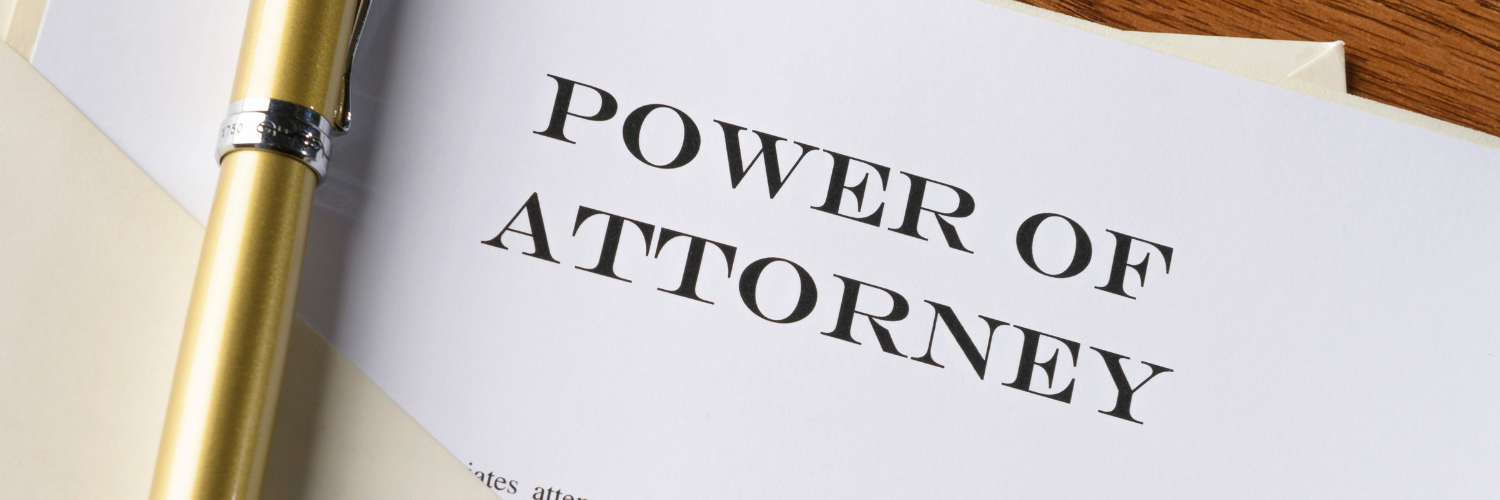A power of attorney (POA) allows you to appoint someone you trust to make decisions on your behalf if you become unable to do so. It is a really important piece of financial planning, as it should provide continuity in the event that you are unable to make important decisions.
We’ve summarized below the key reasons for creating a POA and the main types available.
Reasons to Create a Power of Attorney
- Financial Management:Ensures that your financial affairs are managed according to your wishes if you are incapacitated. This includes paying bills, managing investments, and handling property transactions.
- Healthcare Decisions:Allows someone to make healthcare and personal welfare decisions for you if you are unable to do so due to illness or incapacity. This can include decisions about medical treatment, care arrangements, and end-of-life care.
- Business Continuity:For business owners, a POA ensures that your business operations can continue smoothly if you are unable to oversee them. Your appointed attorney can make critical business decisions in your absence.
- Legal Affairs:An attorney can handle legal matters, ensuring that your legal interests are protected even if you are not in a position to manage them yourself.
- Peace of Mind:Knowing that a trusted person will make decisions on your behalf can provide significant peace of mind, both for you and your family.
Types of Power of Attorney in the UK
- Lasting Power of Attorney (LPA):This is the most common form of POA in the UK, and it comes in two types:
- Property and Financial Affairs LPA: Allows the attorney to manage your financial matters, such as paying bills, managing bank accounts, and buying or selling property.
- Health and Welfare LPA: Allows the attorney to make decisions about your personal health and welfare, including medical treatment and living arrangements. This type only comes into effect if you lose the capacity to make these decisions yourself.
- Ordinary Power of Attorney (OPA):Also known as a general power of attorney, this type is only valid while you have mental capacity. It is typically used for a specific period or purpose, such as if you are abroad for an extended period and need someone to manage your financial affairs in your absence.
- Enduring Power of Attorney (EPA):EPAs were replaced by LPAs in 2007, but if an EPA was made before that date, it can still be used. EPAs cover property and financial affairs and can continue to be used if you lose mental capacity, provided they are registered with the Office of the Public Guardian.
We typically recommend applying for a Lasting Power of Attorney for both property and financial affairs, and health and welfare. The paperwork is easier and cheaper to complete than in previous years, but we would recommend taking some professional advice along the way.
We would be more than happy to discuss this with you.
*The Financial Conduct Authority does not regulate power of attorney

